ok to add wild mushrooms to compost??
madlyn88
13 years ago
Featured Answer
Sort by:Oldest
Comments (19)
lazy_gardens
13 years agoplaidbird
13 years agoRelated Professionals
Allentown Landscape Contractors · Milford Landscape Contractors · Eagle Landscape Contractors · Firestone Landscape Contractors · Hurricane Landscape Contractors · Lebanon Landscape Contractors · North Richland Hills Landscape Contractors · Norridge Landscape Contractors · Kyle Decks, Patios & Outdoor Enclosures · Livingston Decks, Patios & Outdoor Enclosures · Manchester Decks, Patios & Outdoor Enclosures · Markham Decks, Patios & Outdoor Enclosures · New York City Decks, Patios & Outdoor Enclosures · Royal Oak Decks, Patios & Outdoor Enclosures · West Bloomfield Township Decks, Patios & Outdoor Enclosuresannpat
13 years agogoren
13 years agounasmith
13 years agoplaidbird
13 years agoKimmsr
13 years agogardengal48 (PNW Z8/9)
13 years agocarolynp
13 years agounasmith
13 years agojonhughes
13 years agocarolynp
13 years agoplaidbird
13 years agoKimmsr
13 years agoeaglesgarden
13 years agogoren
13 years agogardengal48 (PNW Z8/9)
13 years agoeaglesgarden
13 years ago
Related Stories
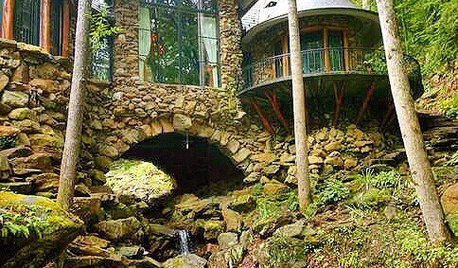
FUN HOUZZ31 True Tales of Remodeling Gone Wild
Drugs, sex, excess — the home design industry is rife with stories that will blow your mind, or at least leave you scratching your head
Full Story
COLOR10 Pair-Ups for Black in the Kitchen
Combine black with other colors to add drama, polish and modernity. It also can make a kitchen look more spacious
Full Story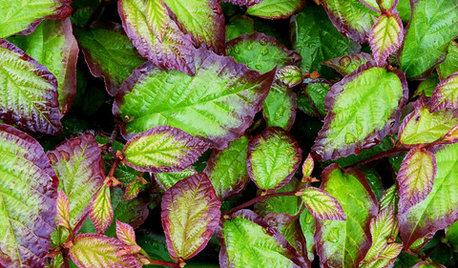
GARDENING GUIDES7 New Plants to Grow for Beautiful Foliage
Add color, structure and interest to your garden with these recently introduced plants that sport exceptional foliage
Full Story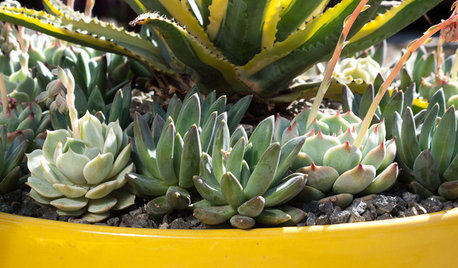
CONTAINER GARDENS3 Steps to Creating Quick, Easy and Colorful Succulent Containers
Take a bright container, add a colorful succulent or two and have a professional, summery design in minutes
Full Story
HOUSEPLANTS8 Essentials for Healthy Indoor Plants
Houseplants add so much to our homes — and can thrive when grown in the right conditions. Keep these tips in mind
Full Story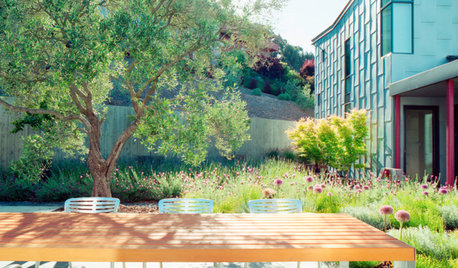
LANDSCAPE DESIGNGardening for Happy Kids
Foster creativity, self-esteem and more by designing your landscape with a sense of discovery
Full Story
EARTH DAYThe Case for Losing the Traditional Lawn
Work less, help the environment and foster connections by just saying no to typical turf
Full Story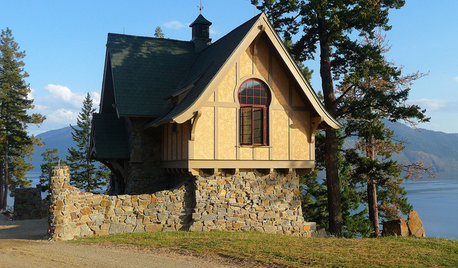
ARCHITECTUREHow to Design a Storybook Cottage
A client’s request: “Build me a house where Disney meets Tudor.” The architect explores the details that make the style
Full Story
DREAM SPACESHouzz Tour: Hugging the Rocky Cliffs in Big Sur
Cascading down a rugged site and generously encased in glass, this California home takes full advantage of its ocean views
Full Story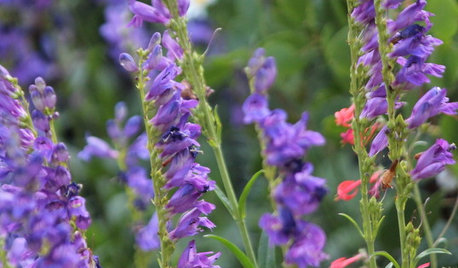
CALIFORNIA GARDENINGCalifornia Gardener's August Checklist
Pick up some great ideas from these travel-inspired plantings, even if your vacation is in your own backyard
Full StoryMore Discussions







carolynp